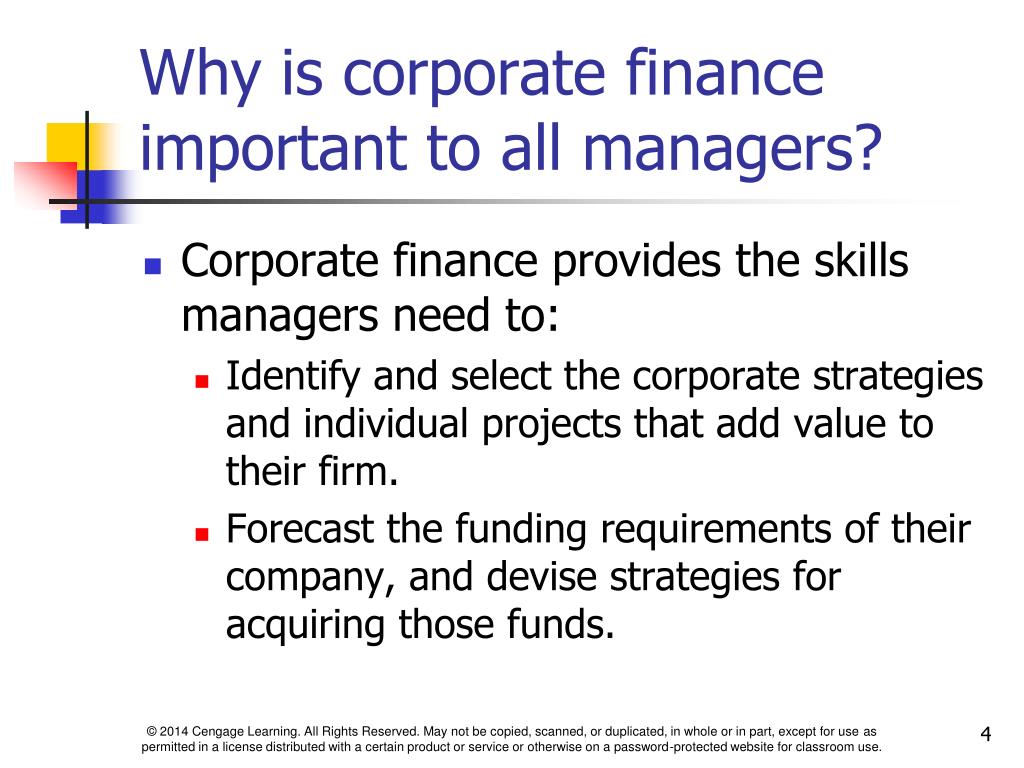Table of ContentsUnknown Facts About What Is Principle In Finance BondWhat Does What Does Bond Mean In Finance Mean?Rumored Buzz on What Is A Bond FinanceAbout What Is A Yankee Bond In Finance
Companies aren't the only entities that can provide bonds. Governments and towns sell them also. Let's take a look at how these sort of bonds differ. Advertisement Federal Government Bonds: To money programs, meet their payrolls and essentially pay their expenses, governments issue bonds. Bonds from steady federal governments, such as the United States, are considered incredibly safe financial investments.
The U.S. federal government releases its own bonds from the treasury and from several federal government firms. Those growing in less than one year are referred to as T-bills. Bonds that grow in one to ten years are T-notes, and those that take more than 10 years to grow are treasury bonds. In some cases, you do not have to pay state or local income taxes on the interest they make.
Munis financing things like hospitals, schools, power plants, streets, office complex, airports, bridges and the like. Towns typically issue bonds when they require more money than they collect through taxes. The great thing about community bonds is that you don't have to pay federal income taxes on the interest they make.
While corporate bonds are a greater threat than government bonds, they can make a lot more money. There's also a much bigger selection of corporate bonds. The downside is that you do need to pay federal earnings tax on the interest they make. Specifically when investing in corporate bonds, it's important to consider how dangerous the bond is.
You can look into the issuer's monetary circumstance to see how solid its prospects are. This involves examining things like capital, financial obligation, liquidity and the business's organisation strategy. As enjoyable as it sounds to look into these things, the majority of us do not have the time or skills to examine a corporation's financial situation properly.
Their specialists look into a company's scenario and identify a bond rating for the business. Every score service has its own formula for determining danger and its own sort of ranking scale. Normally, ranking scales are spelled out in letter grades, where an AAA ranking designates a safe, low-risk bond, and a D ranking designates a high-risk bond.
federal government bonds, are normally low-yield bonds. You can depend on getting a payout but that payment will be small. what does a bond can be called finance. On the other side of the spectrum, you have what's not-so-affectionately understood as, which are low-rated, high-risk bonds. In order to entice investors into buying these risky junk bonds, the releasing business promise high yields.
How To Find A Specific Bond In Yahoo Finance Things To Know Before You Buy
However if you do, you could get paid in spades. Still uncertain about a few of the terms related to bond financial investment? Examine out the glossary on the next page.
Bonds are loans made to large organizations. These include corporations, cities, and nationwide federal governments. An individual bond is a piece of an enormous loan. That's because the size of these entities requires them to obtain cash from more than one source. Bonds are a type of fixed-income financial investment. The other kinds of investments are money, stocks, products, and derivatives.
They vary according to who issues them, length till maturity, rate of interest, and threat. The safest are short-term U.S. what is bond in finance. Treasury expenses, however they also pay the least interest. Longer-term treasurys, like the criteria 10-year note, offer a little less danger and marginally greater yields. POINTERS are Treasury bonds that protect versus inflation.
They return a bit more than Treasuries however are a bit riskier. Corporate bonds are issued by companies. They have more danger than federal government bonds due to the fact that corporations can't raise taxes to spend for the bonds. The danger and return depend on how credit-worthy the business is. The greatest paying and greatest risk ones are called junk bonds.
Up until then, the borrower makes agreed-upon interest payments to the shareholder. People who own bonds are likewise called financial institutions or debtholders. In the old days, when individuals kept paper bonds, they would redeem the interest payments by clipping coupons. Today, this is all done electronically. Obviously, the debtor repays the principal, called the face value, when the bond develops.
They can just do this since there is a secondary market for bonds. Bonds are either publicly traded on exchanges or sold independently between a broker and the creditor. Since they can be resold, the value of a bond increases and falls until it matures. Imagine The Coca-Cola Business wished to obtain $10 billion from financiers to acquire a big tea business in Asia.
It issues each bond at a par worth of $1,000 and assures to pay pro-rata interest semi-annually. Through an investment bank, it approaches financiers who invest in the bonds. In this case, Coke requires to sell 10 million bonds at $1,000 each to raise its preferred $10 billion prior to paying the charges it would sustain. Each $1,000 bond is going to get $25.00 annually in interest.
What Is New Mexico Activities Or Expenditures Do The Bond Issues Finance "2017" Fundamentals Explained
If all works out, at the end of 10 years, the initial $1,000 will be returned on the maturity date and the bond will disappear. Bonds settle in 2 ways. Initially, you get income through the interest payments. Naturally, if you hold the bond to maturity, you will get all your principal back.
You can't lose your financial investment unless the entity defaults. Second, you can profit if you resell the bond at a greater cost than you purchased it. Sometimes bond traders will bid up the cost of the bond beyond its stated value. That would take place if the net present worth of its interest payments and principal were higher than alternative bond investments.
Numerous individual investors prefer to let an experienced fund manager pick the best choice of bonds. A mutual fund can likewise decrease risk through diversification. This method, if one entity defaults on its bonds, then only a small part of the investment is lost. Some bonds, referred to as zero-coupon bonds, do not distribute interest earnings in the type of checks or direct deposit but, instead, are provided at a particularly determined discount.
Over the long run, bonds pay a lower return on your investment than stocks. In that case, you might not make enough to surpass inflation. Investing only in bonds might not enable you to conserve enough for retirement. Business can default on bonds. That's why you require to examine the shareholder's S&P ratings.
They might quickly default. They must provide a much greater rate of interest to attract purchasers. Although generally thought about "safe," bonds do have some danger. Credit danger describes the likelihood of not receiving your guaranteed principal or interest at the contractually guaranteed time due to the provider's inability or objection to distribute it to you.
The outright greatest investment-grade bond is a Triple-A rated bond. There is always a possibility that the federal government will enact policies, purposefully or inadvertently, that result in prevalent inflation. Unless you own a variable rate bond or the bond itself has some sort of integrated defense, a high rate of inflation can destroy your buying power.
When you purchase a bond, you understand that it's probably going to be sending you interest income frequently. There is a danger in this, though, in that you can not anticipate ahead of time the precise rate at which you will have the ability to reinvest the cash. If rate of interest have dropped significantly, you'll need to put your fresh interest earnings to operate in bonds yielding lower returns than you had actually been enjoying.

5 Simple Techniques For A City Could Issue Which Type Of Bond? Quizlet
This implies that as soon as you acquire them, you might have a difficult time selling bonds at top dollar. This is one of the reasons it is generally finest to restrict the purchase of private bonds for your portfolio to bonds you intend to hold till maturity. For lots of people, valuing bonds can be complicated.
To put it simply, the more demand there is for bonds, the lower the yield. That seems counter-intuitive. The reason depends on the secondary market. As people demand bonds, they pay a greater price for them. However the interest payment to the bondholder is repaired; it was set when the bond was initially offered.
Put another method, the rate they paid for the bond yields a lower return. Financiers typically require bonds when the stock exchange ends up being riskier. They are willing to pay more to prevent the higher risk of a dropping stock exchange. Given that bonds return a set interest payment, they look attractive when the economy and stock market decrease.
